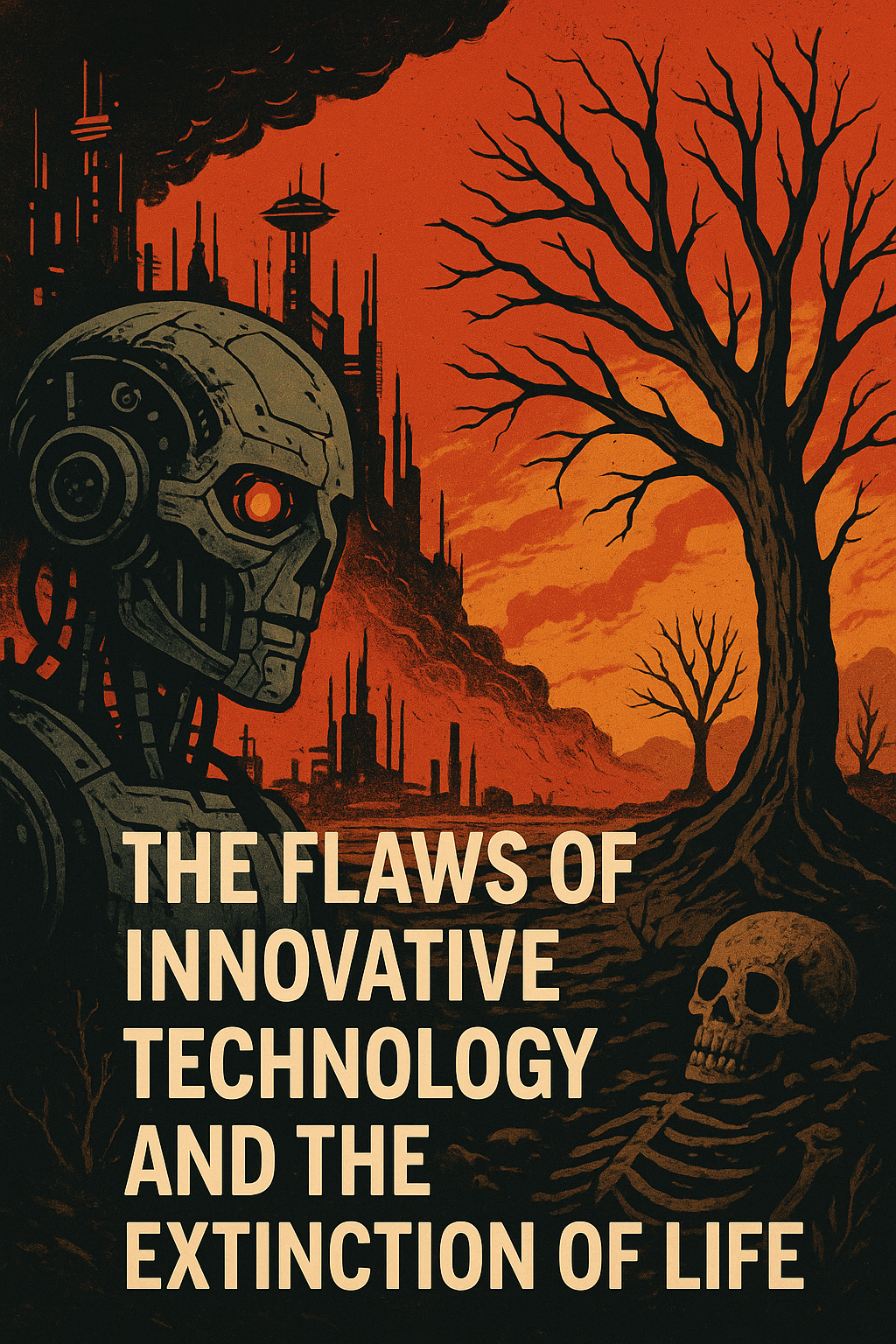
The Flaws of Innovative Technology and the Extinction of Life
By Ahnaf Ahmed Prinon | 2025-07-23 04:57:35
Technology makes life easier and more efficient but it's also damaging ecosystems and pushing many species toward extinction. Early technology started with stone tools and fire, gradually evolving into agriculture, metalwork, and inventions like the wheel.
Between 1500 and 1700, science-based technology surged with tools like telescopes, microscopes, and printing presses fueling rapid advancement. The Industrial Revolution brought transformative inventions like the steam engine, telegraph, electric light, airplane, and modern medicine.
Modern technology from 1945 to 1990 introduced computers, nuclear energy, satellites, transistors, and the groundwork for the internet. Since 1990, digital tech exploded with smartphones, AI, CRISPR, renewable energy, blockchain, and space exploration reshaping daily life. Despite benefits, burning fossil fuels for technology produces billions of tons of CO2, driving global warming and melting polar ice. Rising greenhouse gases thin the ozone layer and trigger UV radiation exposure, sea level rise, and dangerous climate changes.
Deforestation, e-waste, and chemical misuse from tech are accelerating pollution and biodiversity loss. Nuclear energy and plastic pollution show how tech can backfire, with past events like Hiroshima and Chernobyl leaving lasting damage. Misused AI, genetic engineering, and social media can harm mental health, enable fraud, and disrupt natural balance. Tech addiction, drone weapons, and unchecked innovation create new risks that could spin out of human control. Species loss is accelerating as tech-driven changes wipe out creatures like oysters, frogs, vultures, and insects critical to ecosystems. Unplanned tech use is causing ecological collapse from polar melting to plastic-filled oceans and poisoned farmland
Pollution and climate change are driving extreme weather, diseases, and natural disasters that threaten human survival. Eco-friendly tech and renewable energy like solar, wind, and ethanol can cut emissions and ease pressure on fossil fuels. Recycling metals, plastics, and electronics is crucial since Earth's raw resources are finite and pollution keeps rising.
Education, eco-urbanization, research, and global climate cooperation are key to reversing environmental damage. We must use technology wisely or risk turning its benefits into a curse for nature and ourselves. Sustainable living isn't optional anymore—it's our duty to protect nature so that future generations have a world to live in.
💬 Comments
Login to comment.